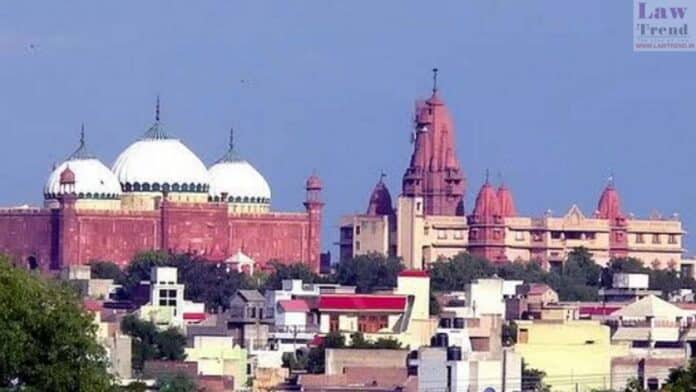The Supreme Court is scheduled to hear a plea from the mosque management committee of Shahi Idgah in Mathura on January 15, challenging an Allahabad High Court decision that denied the maintainability of their petition in the ongoing Krishna Janmabhoomi-Shahi Idgah dispute. This hearing marks a crucial development in the long-standing temple-mosque conflict.
The dispute revolves around the claim that the Shahi Idgah mosque, dating back to the era of Aurangzeb, was constructed following the demolition of a Hindu temple. Hindu litigants have filed cases seeking the removal of the mosque, asserting that the site originally housed a Hindu temple. The mosque management committee, however, argues that these suits violate the Places of Worship (Special Provisions) Act of 1991, which protects the religious character of places of worship as they existed at the time of India’s independence, except in the case of the Ayodhya dispute.
The Allahabad High Court, in a decision dated August 1 last year by a single judge, declared that it was necessary to determine the “religious character” of the disputed site, stating that a site could not simultaneously have dual religious characters that are “adverse to each other.” The court emphasized the need for documentary and oral evidence to establish the character of the site as of August 15, 1947.
Despite this, the mosque committee’s plea for an intra-court appeal was dismissed, prompting them to approach the Supreme Court. Advocates for the Hindu parties argued that the mosque committee should have pursued an appeal within the Allahabad High Court itself, as per the high court’s rules, rather than approaching the apex court directly.
Chief Justice Sanjiv Khanna and Justice Sanjay Kumar will preside over the final hearings, which commenced on December 9 last year. The top court has expressed a willingness to thoroughly examine the legal standing of the case, emphasizing the importance of procedural justice and the right to a fair hearing.




